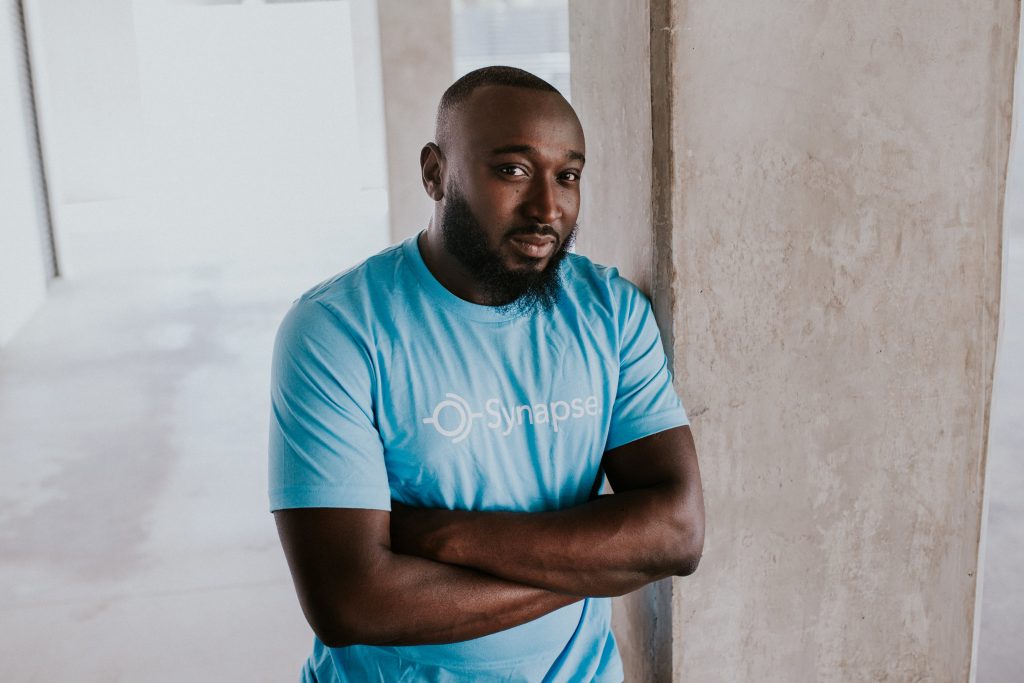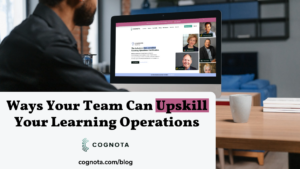In honour of Black History Month, we sat down with Lumi, our VP, Engineering here at Cognota to hear about how he has navigated the tech industry and how his success has driven him to give back.
From his family roots in computer science, to getting his first start in the industry, Lumi’s journey through tech has not been without its challenges. But he has learned invaluable lessons every step of the way and has taken the time to share those lessons with other aspiring Black engineers in the hopes that he can empower others in the industry.
What got you interested in a career in tech?
My dad had a phD in computer science, so we always had computers in my house. The earliest memory I have of my first exposure to computers is playing computer games. But also when I was 12 or 13 years old, I started actually writing code. Since then, that’s what I’ve always done. Since my dad was into tech, it was always around me so I think I naturally gravitated towards it.
What were some of your earliest experiences of writing code?
The first language I learned was this thing called dBASE. You could basically use it to create database systems, come up with an interface, and store and manage data. That was my first early exposure to computers.
But the most meaningful of my first experiences with coding that I actually enjoyed doing was building websites as a teenager. When I was 15 or 16 years old, I would build websites for my dad’s friends and stuff like that. It was cool, even though I was doing it for free. I was just basically honing my skills.
When you’re doing something for free, then there’s no pressure on it being perfect. So I think it was a good way for me to get into it. From there, it was obviously a pretty easy decision to go and study computers and coding.
How was the transition from writing code as a hobby to deciding to study and make a career out of it?
I personally struggled with the formulaic approach when it came to education. Tech was something I got exposed to from a discovery standpoint. I would break things the way I wanted to break them and see if I could put them together. And if I wasn’t able to put it together, I could just walk away from it.
So it was a different terrain entirely because there was this pressure of being an international student and having to get good grades, but at the same time also having to do something that you are naturally passionate about. But this time around your grades are attached to it, your performance or your visa is attached to it. So it changed everything regarding pressure and expectation as well.
My first job out of university was a role as a junior software engineer. At that time my role was to go to different floors of the office with my team, understand what people did in their day-to-day roles and how we could help to automate some of the work. It didn’t feel very purposeful for me.
I went through a lot of that, trying to find myself in tech, and then I got involved in startups. It was so refreshing to me because new ideas, new solutions, big ambitions and, more importantly, big dreams were naturally part of the environment. You have a small amount of resources and you have these big dreams to achieve. But it helped me find purpose and that’s why I got into startups generally.

Did most of your career growth happen through working with startups?
For sure. I became a VP of engineering at 34 years old and you don’t often get that in other industries. Particularly because engineering is a core competency in startups, so the engineering leader there would have to be at the management level. But at the same time, as a young leader, my experience has exposed me to a lot of different scenarios, different levels in engineering teams, and that fast-paced nature of startups is the only practical way to achieve that. There’s just so much to learn and so many moving pieces.
For you to wrap your head around those kinds of systems, you need experience in different stacks and different different parts of the engineering team. The disruptive nature of startups really lends itself towards that.
Have you faced any challenges throughout your career progression?
Definitely. It’s always a struggle to try to do valuable work and get paid for it and also enjoy it at the same time. I’ve had some not-so-great experiences, usually due to the culture that’s been set in the company. If you come into a problematic culture, then you become a victim of that culture.
You just don’t see people of my colour in upper management in engineering. Even in engineering generally, the typical image is a young white male and you’re having to deal with that from a junior level all the way through to a senior level. It’s always been a struggle.
When I think about my experience, it seemed like I would always need to go the extra mile to prove my technical ability or I’d need to go the extra mile to prove my worth in the team. I got involved with tech based on a passion for building amazing things. So for me, the competition is not as important as doing good work and getting recognized for it, especially if it’s impactful for the company.
But at the end of the day, I’ve had to deal with that kind of scenario and really prove myself to earn anything. In some ways, I think it’s helped me go deeper into my craft and left little room for complacency. And I think that’s kind of helped me to get to where I am so far.
Did those experiences influence you to give back and do some outreach with Black youth in tech?
When I moved to Canada for university, it struck me that people got exposure to technology much easier and therefore had better opportunities.
I wanted to give back but I was also curious to see if people in Africa would be able to achieve the same level of excellence if they had the same resources to enable them. So four years ago, I started Sparkplug.
I asked a bunch of my friends and realized that everyone I knew had an old laptop in the basement or under the bed that they’re not using anymore. So I collected them and went to Nigeria to give them away to Nigerian students. I ended up taking the extra step to rent a place for them to live in while they studied and learned remotely with me.

A lot of these guys now have jobs – one got sponsored to move to the U.K. for an engineering job. It was just exciting to be part of that.
I didn’t foresee the pandemic happening, but it has opened up the doors for even more remote opportunities across the world. Because of that I feel other tech companies will continue to evolve that way and it could be a way to alleviate poverty and help people in that region.
Learn more about Lumi’s work with Sparkplug students here.
What do you think is the most impactful thing that tech companies can do for Black people in tech?
I think the best that tech companies can do right now is to give the opportunity and, at the very least, make it a level playing field when it comes to recruitment.
When I was trying to get an opportunity, I would spend weeks applying and I wouldn’t get any response at all. It affected me: I had a lot of impostor syndrome because of that. I thought “okay, maybe I’m not as good as I think I am.”
Then I changed my name from Lumi to David on my resume and, that same week, I got a lot of responses and got a job through that. So that’s my firsthand experience in tech but there have been reports about name bias like this as well. I think tech companies levelling the playing field at that recruitment level would be a great start.
What are some of your career aspirations? Where do you see yourself in the future?
I’ve spent a lot of time teaching and learning. My dad was a professor of computer science and my mum was a professor of math and statistics, so I come from a family of teachers and I’m very passionate about that. So I think teaching will always be a part of me. Even working at Cognota, I feel like the learning and development industry really resonates with me.
Down the line, I’m thinking of how I can empower people at scale. I did Sparkplug four years ago and the plan would be to do that at scale because I have a curriculum, I’ve taught this before. So I’d like to get some funding and go back to Africa and just help people and prepare them for this global village the world has become.





